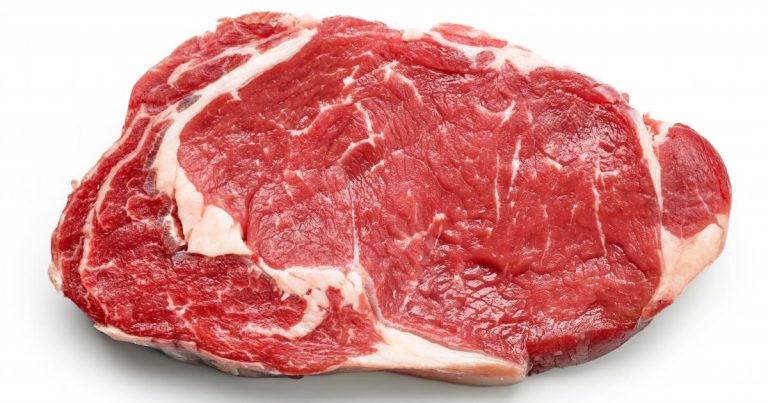ASHENEWS reports that a group of non-governmental organizations in partnership with members of the Food and Climate Action Group have called for urgent reforms in agriculture and food policies to reduce greenhouse gas emissions.
The coalition made the call during the ongoing Conference of the Parties (COP29) ongoing in Baku, Azerbaijan.
Particularly, the stakeholders are calling for a reduction in meat consumption among countries.
According to the coalition, the global food system contributes 33% of global greenhouse gas emissions, with animal agriculture accounting for up to 20%—a figure expected to rise without decisive action.
Akshath Kaimal, who leads the coalition’s finance subgroup, and works at TAPP Coalition said: “Reforming agricultural practices, subsidies and food taxes and prioritizing plant-based food consumption are critical to meeting the Paris Agreement targets.
“Current food systems disproportionately harm Indigenous communities and vulnerable groups in the Global South, where climate impacts are most severe.
“The newly established Loss and Damage (L&D) Fund provides an essential opportunity to support these communities, helping them recover from the economic damages caused by industrial agriculture.
“Our COP29 Declaration, signed by 4 nation States and 100+ NGOs has urged OECD countries and China to tax meat or start GHG-emission pricing (agri-ETS) to reduce emissions and cofinance the L&D Fund with (part of the) tax revenues.”
The coalition, in a statement urged world leaders to build and deliver on commitments made at COP28 to transition away from fossil fuel.
“Now, we urge world leaders to take the next step at COP29 in Baku or COP30 in Belém and commit to ‘just transition away from meat and dairy overconsumption’ for the sake of long-term global food security and climate resilience.
“Meat and dairy accounts for 14.5% to 19.6% of global greenhouse gas emissions.
“Overconsumption is especially high in OECD countries and China, far exceeding Dietary Guidelines and Planetary Boundaries, as well as the Planetary Health Diet.
“We call on Ursula von der Leyen, Keir Starmer, Justin Trudeau, Xi Jinping and other world leaders to make meaningful commitments.”
Stressing the urgent need to transition to low-carbon food systems, the coalition further advocated for more efforts at boosting the production of Low-carbon food products like vegetables need public support and subsidies.
“They produce fewer emissions but also require less land and water and contribute to healthier diets and reduced health costs.”
The coalition further advocated for the adoption of the Planetary Health Diet, which aligns consumption with environmental and health guidelines.


